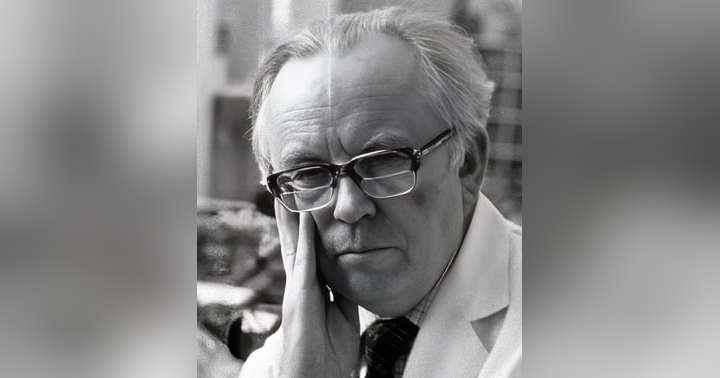Outbreak of the Economic War: June 30, 1932

Irish Independent, July 1, 1932, with headline story on Anglo-Irish economic tensions
Background to the Anglo-Irish Trade War
While the Anglo-Irish Treaty of 1921 granted Ireland a measure of independence, many in the newly formed Saorstát Éireann (the Irish Free State) remained uneasy about the continuing ties to Britain. Chief among these were the Oath of Allegiance to the British Crown—deeply offensive to many former revolutionaries—and the ongoing payments of Land Annuities to the British Exchequer. These annuities were repayments for land transferred to small Irish farmers under a series of Land Acts passed in the late 19th and early 20th centuries. These acts—five in total—aimed to redistribute large estates more equitably among Irish tenant farmers who worked the land.
Have you listened to our podcast? Get the latest on our Episode Page.
The 1932 Irish General Election
By 1932, the issue of Land Annuities became a focal point for the Fianna Fáil political party, which was mounting a serious challenge to the Cumann na nGaedheal government led by W. T. Cosgrave. In power since 1922, Cosgrave's administration faced mounting public discontent. Like much of the world, Ireland was suffering the effects of the Great Depression, and the electorate was increasingly receptive to what they saw as the more radical agenda of Fianna Fáil and its leader, Éamon de Valera. The Cosgrave government portrayed Fianna Fáil as dangerous extremists—“bomb-throwing Bolsheviks”—but failed to present effective solutions to Ireland’s economic woes.

Center: A Cumann na nGaedheal campaign poster warning against the perceived radicalism of Fianna Fáil, urging voters to “keep their colour off your flag.”
De Valera’s campaign appealed to the working class with promises of improved housing, expanded social services, economic self-sufficiency, and—critically—a reduction in British influence over Irish affairs. Central to this vision was an end to Land Annuity payments, which de Valera framed as an unjust vestige of colonial rule.
The Economic War Commences
Following Fianna Fáil’s electoral victory in February 1932, the government moved quickly. In June, de Valera declared that Ireland would cease payments of Land Annuities. The British government responded by extending the payment window by two weeks, likely hoping diplomatic pressure would restore the status quo. When the grace period expired on June 30, it triggered what became known as the Anglo-Irish Economic War.
This trade war saw Britain impose stiff tariffs—beginning at 20%, and later increasing—on Irish agricultural exports, particularly targeting the livestock sector. In response, Ireland retaliated with tariffs on British industrial goods. With neither side willing to yield, economic tensions escalated over the following years.
The End of Economic Hostilities
The standoff persisted until 1938, when British Prime Minister Neville Chamberlain negotiated a settlement with de Valera. The agreement reduced Ireland’s Land Annuity debt from £100 million to just £10 million, returned control of three strategic Atlantic ports to Ireland, and rolled back many of the retaliatory tariffs. The terms were widely seen as favorable to Ireland. Some observers suggested that Chamberlain hoped to secure Irish goodwill and potential support in the event of war with Nazi Germany. That hope would not materialize. Despite the concessions, de Valera maintained a policy of neutrality throughout World War II, keeping Ireland out of the conflict altogether.
Sources and Further Reading
- The Irish Story: The Economic War 1932 - 1938 - John Dorney
- Irish Farmers Journal: Land Annuities, economic war and the Anglo Irish trade agreement - Dr. Tom McCarthy
- Wikipedia: Anglo-Irish trade war
















